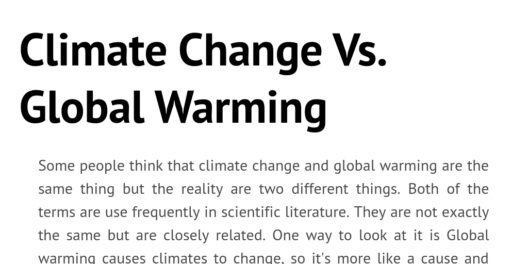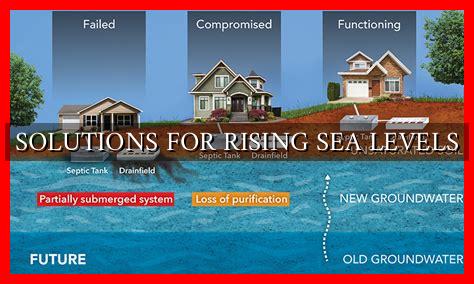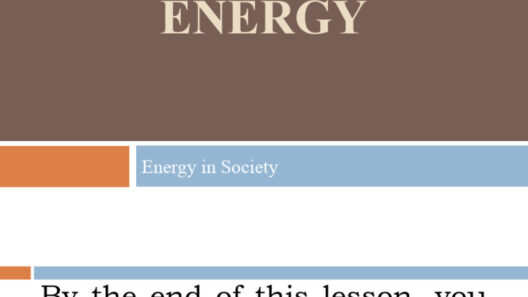Energy conservation embodies a fundamental principle that transcends mere terminology. It beckons us to think critically about our consumption patterns and the existential relationship we hold with the world around us. At its core, energy conservation means utilizing less energy by adopting more efficient practices and behaviors. This involves implementing strategies that allow us to maintain our quality of life while minimizing our energy footprint.
Consider energy conservation as a lighthouse guiding ships safely to shore. Just as a lighthouse emits a focused beam illuminating the path ahead, energy conservation sheds light on the ways in which we can safeguard our resources for both present and future generations. The essence of conserving energy revolves around grasping the significance of every joule and watt we utilize, highlighting how these seemingly small units amalgamate into broader ecological impacts.
The clear definition, however, is just the starting point. The essence of energy conservation requires deeper exploration into its significance, methods, and the imperative for action.
Understanding the Importance of Energy Conservation
In a world grappling with climate change, dwindling natural resources, and growing energy demands, energy conservation emerges as a critical endeavor. The energy we consume determines not just our personal ecological footprints, but also reflects on global patterns. By conserving energy, we can mitigate greenhouse gas emissions and ease the strain on power grids. This translates into a dual benefit: protecting the environment while also yielding economic advantages. The savings accrued from reduced usage can be both substantial and transformative at the individual and industrial levels.
Furthermore, energy conservation fosters sustainability. When we make conscious choices—be it in our homes, workplaces, or communities—we not only guarantee a healthier ecosystem, but we also cultivate a culture of mindfulness that prioritizes long-term wellness over short-lived convenience. It is an intricate symbiosis of economics, ecology, and ethics that demands our attention and commitment.
Recognizing Proven Strategies for Energy Conservation
To navigate the intricate pathways of energy conservation, we must familiarize ourselves with various strategies that can be employed in daily life. These strategies range from straightforward changes to lifestyle adjustments that create rippling effects across wider systems.
One of the most influential methods lies in the enhancement of energy efficiency within our homes. Utilizing energy-efficient appliances, such as LED lighting and Energy Star-rated refrigerators, is akin to replacing an old, rusted outboard motor with a sleek, high-performance engine. Each upgrade not only reduces the amount of energy consumed but also increases the longevity of the equipment itself.
Moreover, behavioral changes can also yield significant results. Simple actions, such as turning off lights in unoccupied rooms or unplugging idle electronics, reflect a proactive stance towards energy stewardship. The internet of things (IoT) can be harnessed to facilitate and optimize these small actions, allowing us to manage energy with unprecedented precision, as if conducting an orchestra of thermostats, lights, and appliances all working harmoniously to decrease consumption.
Another avenue lies in harnessing renewable energy sources. By investing in solar panels or wind turbines, individuals can directly contribute to a paradigm shift away from fossil fuels, thereby creating a sustainable energy ecosystem. This evolution is akin to planting seeds in a garden: the more we nurture, the more abundance we cultivate.
Embracing the Transformative Aspect of Energy Conservation
Energy conservation is not merely an individual quest; it is a collective journey towards sustainability. Communities and organizations are discovering innovative ways to unite in the pursuit of energy savings. Urban centers are increasingly becoming the frontlines of energy conservation efforts. Initiatives range from public transportation enhancements to community solar projects—each venture aimed at reducing overall energy consumption while fostering a sense of solidarity among residents. When communities coalesce in the pursuit of energy conservation, the results can be remarkable, akin to a symphony executed with precision where each note contributes to a powerful harmony.
Education also plays a pivotal role in amplifying the impact of energy conservation efforts. By imparting knowledge about energy-efficient practices and the imperative of conservation to the younger generations, we sow the seeds of awareness from the ground up. Schools can position themselves as proactive stewards of energy conservation by incorporating engaging environmental curriculums, guiding students to become conscientious custodians of the earth as they mature.
A Call to Consciousness and Commitment
For energy conservation to thrive, it requires more than knowledge; it demands an intrinsic commitment to change. Each individual holds the power to take tangible actions that contribute to a larger movement. This journey calls for introspection and a willingness to evaluate lifestyle choices. While this transition may seem daunting, every small, meaningful step ultimately converges into a significant impact.
In summation, the definition of energy conservation extends far beyond the mere act of reducing consumption. It encapsulates a philosophy that intertwines awareness, education, and community engagement. By recognizing the profound responsibility we hold in this collective narrative, we can illuminate a future where every action—no matter how small—is a testament to our commitment to preserving our planet’s precious resources. Embracing this ethos of energy conservation invites us to become active participants in a brighter and more sustainable tomorrow.






